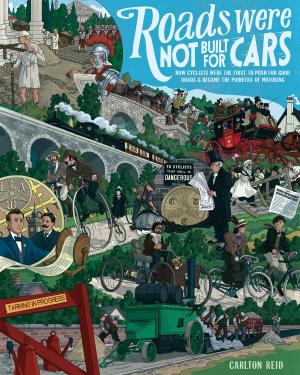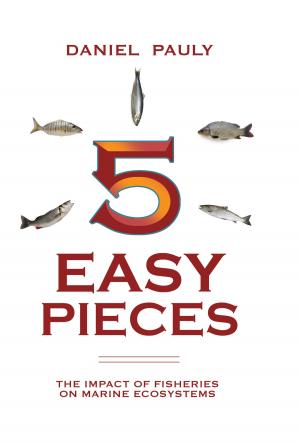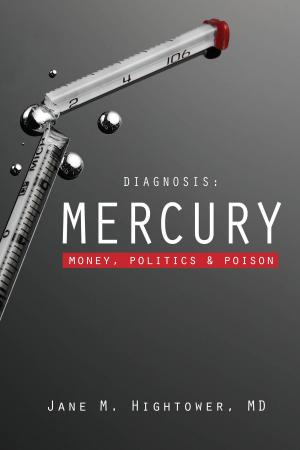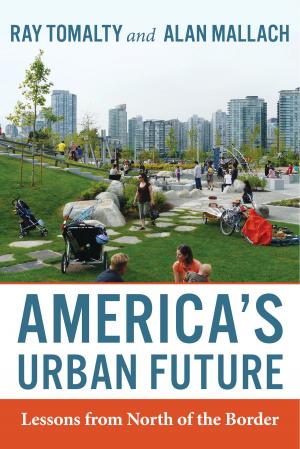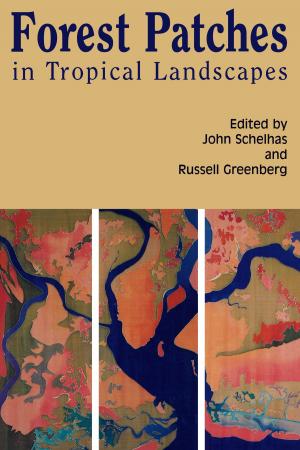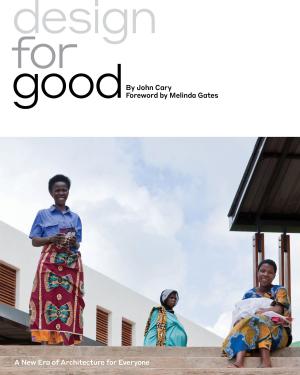The New Agrarianism
Land, Culture, and the Community of Life
Nonfiction, Science & Nature, Nature, Animals, Mammals, Environment, Environmental Conservation & Protection| Author: | Eric T. Freyfogle | ISBN: | 9781597262033 |
| Publisher: | Island Press | Publication: | July 11, 2012 |
| Imprint: | Island Press | Language: | English |
| Author: | Eric T. Freyfogle |
| ISBN: | 9781597262033 |
| Publisher: | Island Press |
| Publication: | July 11, 2012 |
| Imprint: | Island Press |
| Language: | English |
The engaging writings gathered in this new book explore an important but little-publicized movemin American culture -- the marked resurgence of agrarian practices and values in rural areas, suburbs, and even cities. It is a movemthat in widely varied ways is attempting to strengthen society's roots in the land while bringing greater health to families, neighborhoods, and communities. The New Agrarianism vividly displays the movement's breadth and vigor, with selections by such award-winning writers as Wendell Berry, William Kittredge, Stephanie Mills, David Orr, Scott Russell Sanders, and Donald Worster. As editor Eric Freyfogle observes in his introduction, agrarianism is properly conceived in broad terms, as reaching beyond food production to include a wide constellation of ideals, loyalties, sentiments, and hopes. It is a temperamand a moral orientation as well as a suite of diverse economic practices -- all based on the insisttruth that people everywhere are part of the land community, as dependas other life on its fertility and just as shaped by its mysteries and possibilities. The writings included here have been chosen for their engaging narratives as well as their depiction of the New Agrarianism's broad scope. Many of the selections illustrate agrarian practitioners in action, while other selections offer pointed critiques of contemporary American culture and its market-driven, resource-depleting competitiveness. Together, they reveal what Freyfogle identifies as the heart and soul of the New Agrarianism: its yearning to regain society's connections to the land and its quest to help craft a more land-based and enduring set of shared values. The New Agrarianism offers a compelling vision of this hopeful new way of living. It is an essential book for social critics, community activists, organic gardeners, conservationists, and all those seeking to forge sustaining ties with the entire community of life.
The engaging writings gathered in this new book explore an important but little-publicized movemin American culture -- the marked resurgence of agrarian practices and values in rural areas, suburbs, and even cities. It is a movemthat in widely varied ways is attempting to strengthen society's roots in the land while bringing greater health to families, neighborhoods, and communities. The New Agrarianism vividly displays the movement's breadth and vigor, with selections by such award-winning writers as Wendell Berry, William Kittredge, Stephanie Mills, David Orr, Scott Russell Sanders, and Donald Worster. As editor Eric Freyfogle observes in his introduction, agrarianism is properly conceived in broad terms, as reaching beyond food production to include a wide constellation of ideals, loyalties, sentiments, and hopes. It is a temperamand a moral orientation as well as a suite of diverse economic practices -- all based on the insisttruth that people everywhere are part of the land community, as dependas other life on its fertility and just as shaped by its mysteries and possibilities. The writings included here have been chosen for their engaging narratives as well as their depiction of the New Agrarianism's broad scope. Many of the selections illustrate agrarian practitioners in action, while other selections offer pointed critiques of contemporary American culture and its market-driven, resource-depleting competitiveness. Together, they reveal what Freyfogle identifies as the heart and soul of the New Agrarianism: its yearning to regain society's connections to the land and its quest to help craft a more land-based and enduring set of shared values. The New Agrarianism offers a compelling vision of this hopeful new way of living. It is an essential book for social critics, community activists, organic gardeners, conservationists, and all those seeking to forge sustaining ties with the entire community of life.

